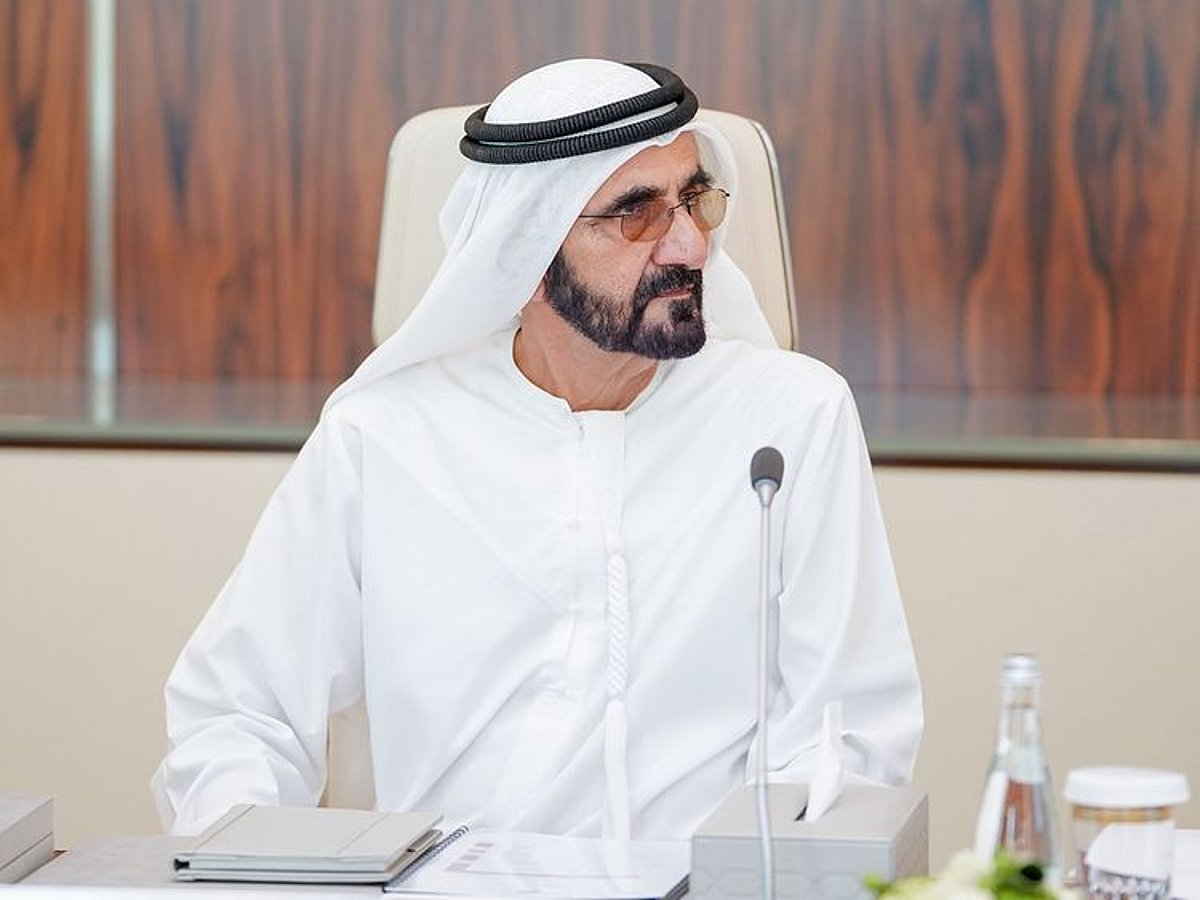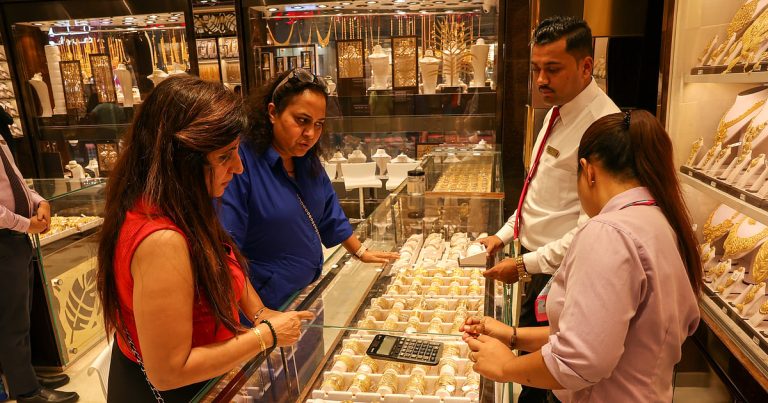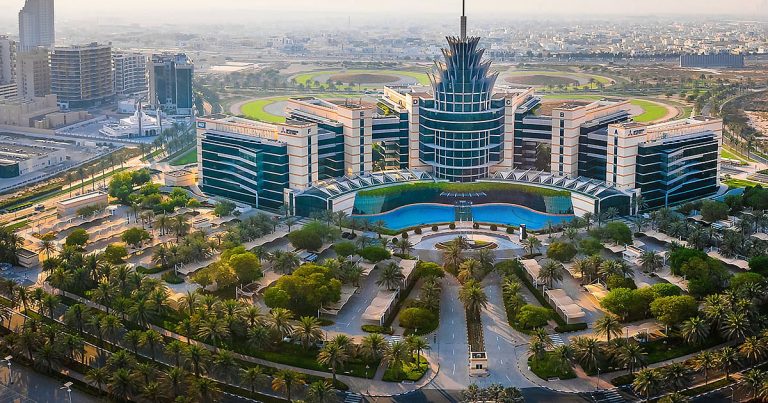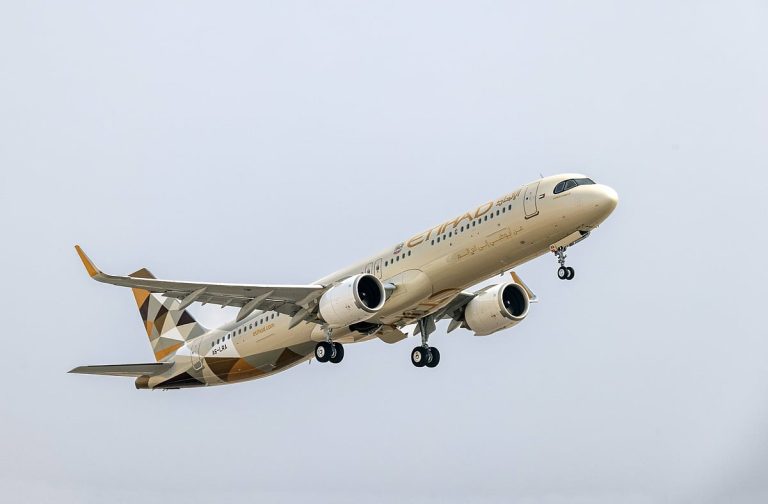UAE Approves 2026 Budget of Dh92.4 Billion
The UAE’s annual budget for 2026 has been officially approved, reflecting a balanced approach to revenue and expenditure. His Highness Sheikh Mohammed bin Rashid al Maktoum, the Vice-President and Prime Minister of the UAE, announced that both revenues and expenditures are projected to be Dh92.4 billion.
Key Budget Highlights
The budget aims to support various sectors, ensuring sustainable growth and development across the nation. With equal revenue and expenditure, the government is focusing on maintaining fiscal stability while investing in essential services and infrastructure.
Economic Outlook
This budget approval comes at a time when the UAE is working to enhance its economic resilience and diversify its revenue sources. By allocating funds wisely, the government aims to foster innovation and support initiatives that align with the UAE’s long-term vision.
FAQs
What is the total amount of the 2026 budget?
The total budget for 2026 is set at Dh92.4 billion, with equal amounts allocated for both revenue and expenditure.
Who approved the UAE’s 2026 budget?
The budget was approved by His Highness Sheikh Mohammed bin Rashid al Maktoum, the Vice-President and Prime Minister of the UAE.
What are the main focuses of the 2026 budget?
The budget focuses on sustainable growth, infrastructure development, and enhancing essential services to support the UAE’s long-term economic goals.
Conclusion
The approval of the 2026 budget marks a significant step in the UAE’s commitment to fiscal responsibility and economic growth. As the government moves forward, it will prioritize investments that align with national objectives, ensuring a prosperous future for its citizens.
The UAE’s budgetary process is a critical component of its economic planning, reflecting the government’s priorities and strategic objectives. The balanced budget approach, with equal revenue and expenditure, indicates a commitment to fiscal discipline while also allowing for necessary investments in key sectors. This strategy is particularly important as the UAE continues to navigate the complexities of a global economy that is subject to fluctuations and uncertainties. By maintaining a balanced budget, the government aims to instill confidence among investors and stakeholders, reinforcing the UAE’s position as a stable economic hub in the region.
In recent years, the UAE has made significant strides in diversifying its economy away from oil dependency. This shift is evident in the budget’s allocation towards sectors such as technology, renewable energy, and tourism, which are integral to the country’s long-term vision. The government has emphasized the importance of innovation and entrepreneurship, recognizing that a robust private sector is essential for sustainable economic growth. By investing in these areas, the UAE seeks to create a more resilient economy that can withstand external shocks and adapt to changing global trends.
Moreover, the budget reflects the UAE’s commitment to social development and improving the quality of life for its citizens. Investments in healthcare, education, and infrastructure are crucial for fostering a skilled workforce and enhancing overall societal well-being. The government has also prioritized initiatives aimed at promoting environmental sustainability, aligning with global efforts to combat climate change. This holistic approach to budgeting not only addresses immediate economic needs but also lays the groundwork for a sustainable future, ensuring that the benefits of growth are shared across all segments of society.
As the UAE prepares to implement the 2026 budget, it will be essential for government agencies to work collaboratively to achieve the outlined objectives. Effective execution of the budget will require ongoing monitoring and evaluation to ensure that resources are allocated efficiently and that projects are delivered on time. The government has established frameworks for accountability and transparency, which will be critical in maintaining public trust and confidence in the budgeting process. By adhering to these principles, the UAE aims to set a benchmark for fiscal management in the region, showcasing its commitment to responsible governance and economic stewardship.
Overall, the approval of the 2026 budget signifies a forward-looking approach that balances immediate needs with long-term aspirations. As the UAE continues to evolve, the budget will play a pivotal role in shaping the nation’s economic landscape, driving growth, and improving the quality of life for its citizens.
Also Read:
MoHRE Calls on Private Sector to Meet Emiratisation Goals







